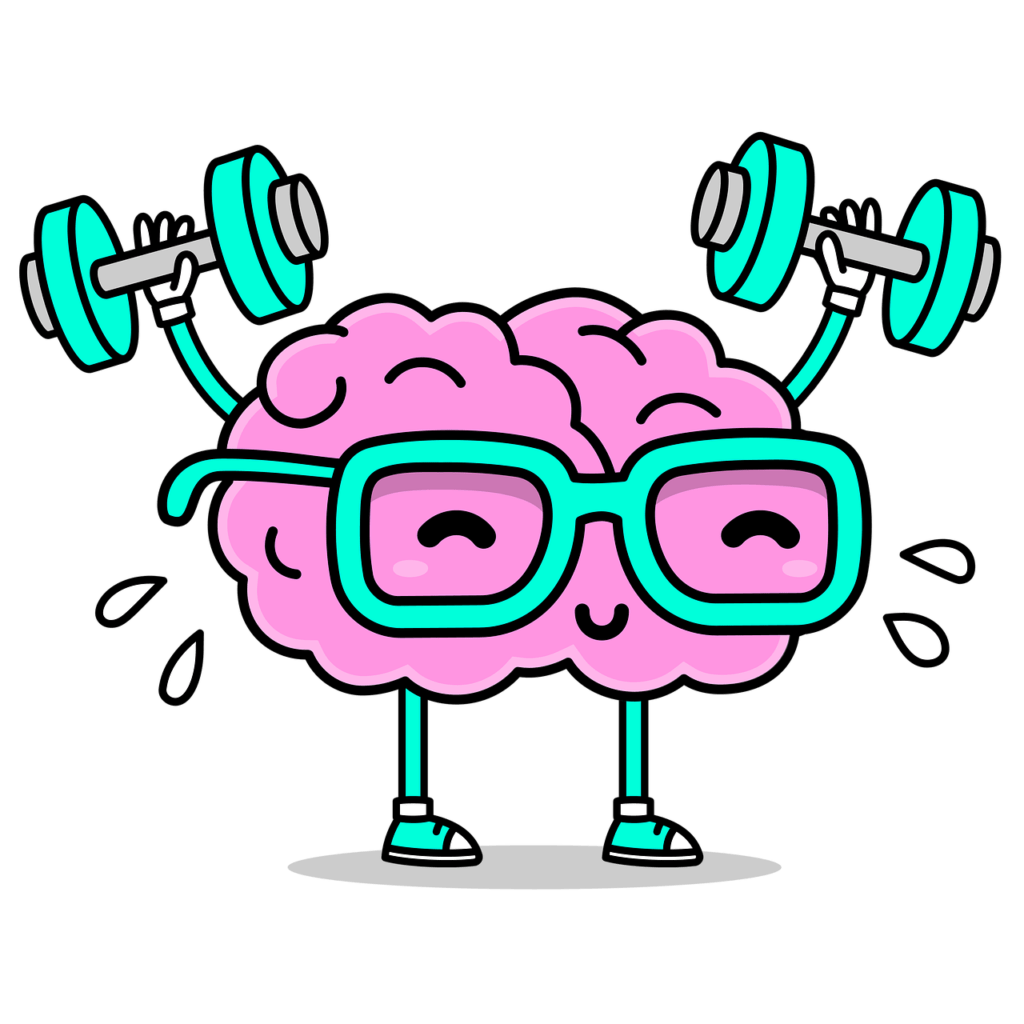How to Achieve SelfActualization: Unleashing Your Full Potential

What is self-actualization?
Self-actualization, a concept pioneered by psychologist Abraham Maslow, represents the pinnacle of psychological development. It encompasses reaching one’s full potential, experiencing fulfillment, and embracing purpose in life. In this article, we will explore the journey to achieve selfactualization and the key factors that contribute to its attainment.
Selfactualization ways to get started
Fulfilling the Hierarchy of Needs
Maslow’s hierarchy of needs lays the foundation for self-actualization. Before embarking on this transformative journey, one must fulfill their basic physiological needs like food, water, and shelter. Equally vital are safety needs, which involve protection from harm and stability in life.
Once these fundamental needs are met, an individual can progress to satisfying their social needs, such as love and belongingness. Subsequently, fulfilling esteem needs, including respect and recognition, becomes crucial. Finally, with all these needs fulfilled, one can strive for self-actualization.
Embracing Personal Growth and Self-Discovery
To achieve self-actualization, it is essential to engage in activities that foster personal growth and self-discovery. This entails pursuing one’s passions, and interests, and engaging in creative expression. Additionally, seeking out novel experiences can contribute to expanding one’s horizons.
Developing a strong sense of self-awareness is also pivotal. It involves understanding one’s strengths, weaknesses, values, and beliefs. Reflection, introspection, and seeking feedback from others are effective ways to cultivate self-awareness.
Cultivating Purpose and Meaning
Another vital aspect of self-actualization lies in cultivating a sense of purpose and meaning in life. This can be accomplished by setting meaningful goals and actively working towards their achievement. Additionally, making a positive impact on the world and contributing to society are significant contributors to a fulfilling existence.
characteristics of selfactualization according to Maslow’s Concept
The Achievability of Maslow’s Self Actualization
Yes, Maslow’s concept of self-actualization is indeed attainable. While it may pose challenges along the way, individuals can make progress toward self-actualization by fulfilling their basic needs and actively engaging in activities that foster personal growth and self-discovery.
It is important to recognize that self-actualization is not a destination to be reached and forgotten. Instead, it is an ongoing process of growth and development, requiring continuous effort and self-reflection.
Although Maslow’s theory of self-actualization has faced criticism within the field of psychology, many individuals have found value in striving toward self-actualization. By pursuing this path, people can tap into their potential and experience a profound sense of purpose and fulfillment.
Examples of Self-Actualization Needs

Self-actualization needs to encompass the highest level of needs in Maslow’s hierarchy. They revolve around personal growth, fulfillment, and the realization of one’s potential. Let’s explore some examples of self-actualization needs:
Cultivating Creativity
Expressing oneself through creative activities such as art, music, writing, or any other form of self-expression is essential for self-actualization. Embracing creativity enables individuals to channel their unique perspectives and talents.
Nurturing Personal Growth
Continual learning, skill development, and embracing new perspectives are crucial for personal growth. Actively seeking opportunities to expand knowledge and acquire new skills aids in self-actualization.
Embracing Autonomy
Taking charge of one’s life and making independent decisions are key aspects of self-actualization. Embracing autonomy empowers individuals to shape their own destinies and take responsibility for their actions.
Mastering Problem-Solving
Solving problems and overcoming challenges is vital for personal growth and reaching one’s potential. By developing problem-solving skills, individuals can navigate obstacles and achieve their goals.
Seeking Inner Peace
Attaining inner peace and tranquility contributes to self-actualization. Practices like meditation, yoga, and mindfulness foster a sense of serenity and aid in personal growth.
Finding Fulfillment

Feeling satisfied and fulfilled with one’s life and accomplishments is a fundamental aspect of self-actualization. Recognizing and celebrating personal achievements contributes to a sense of fulfillment.
Making a Positive Contribution
Using one’s talents and abilities to make a positive impact on society or the world is a powerful driver of self-actualization. Contributing to the well-being of others fosters a sense of purpose and fulfillment.
These examples serve to illustrate the diverse nature of self-actualization needs. Each individual embarks on a unique and personal journey towards self-actualization, guided by their specific desires and aspirations.
Selfactualization represents the pinnacle of human development, encapsulating the realization of one’s full potential, fulfillment, and purpose in life. By fulfilling basic needs, embracing personal growth and self-discovery, and cultivating purpose and meaning, individuals can embark on a lifelong journey toward selfactualization. Remember, self-actualization is achievable for those who dare to unleash their true potential and strive for a life of profound fulfillment and happiness.



Pingback: How to Correct Your Mistakes in Life - Motivatecover